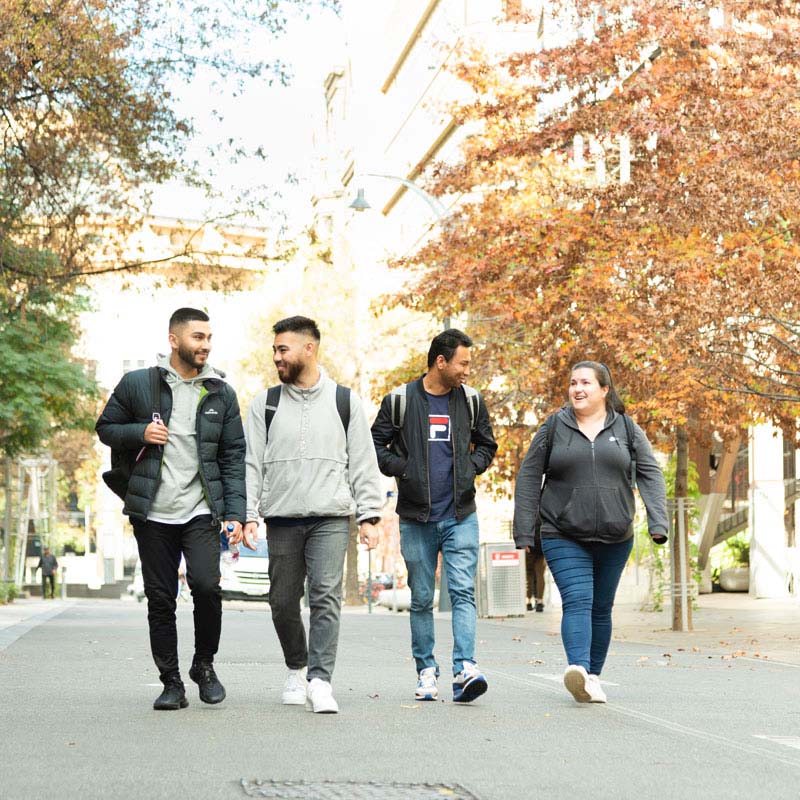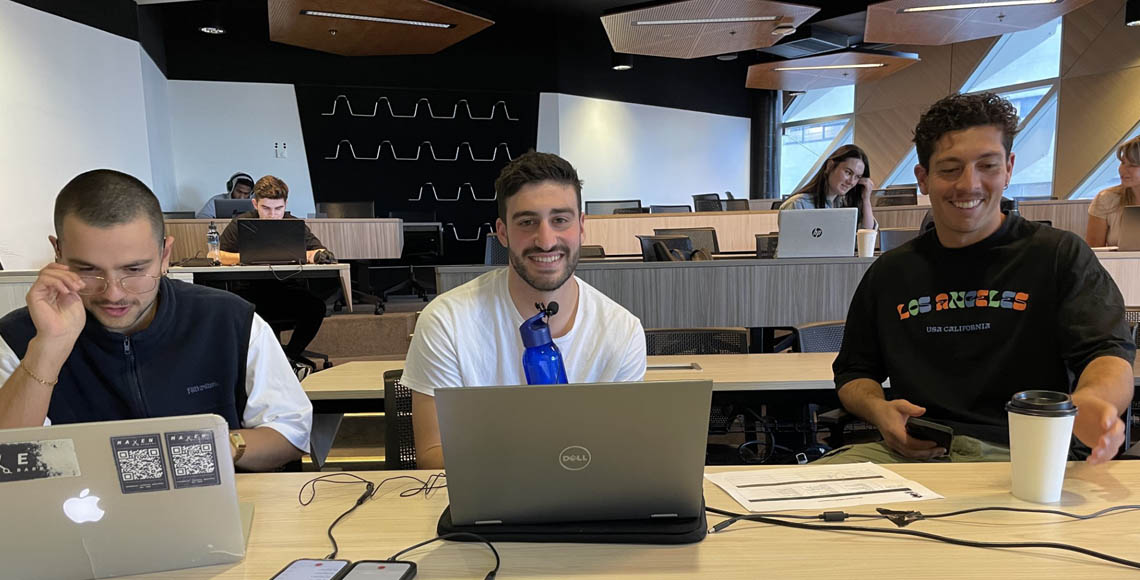Business for Project Managers
Gain an understanding of project management in a business context. Ensuring projects deliver value while meeting organisational needs and adapting to change.
Construction Cost and Contract Management
Learn the processes and practices used to manage the financial and contractual aspects of construction projects.
Managing Construction Business
Managing a construction business involves overseeing operations to ensure successful projects, profitability, and growth. This minor suits students interested in client-side project management across any field.
Creative Industries
Creative industries refer to sectors that rely on individual creativity, skill, and talent to generate economic value and cultural enrichment. These industries encompass a wide range of activities where creativity is the central driver.
Event Project Management
This minor focuses on planning, implementing, and evaluating events to ensure they meet objectives. It combines project management skills with an understanding of the unique challenges in organising sports, arts, and music events.
Foundations in Sustainability
Foundations in sustainability encompass key principles, concepts, and frameworks that guide understanding and practice in sustainable development.
Managing IT Projects
Managing IT projects involves overseeing the planning, execution, and completion of technology-related initiatives. This process requires a blend of project management skills, technical knowledge, and effective communication.
Property Investment Strategies
A property investment strategy outlines an investor's plan to acquire, manage, and profit from real estate. It varies based on goals, risk tolerance, market conditions, and investment knowledge.
Property Technology and Management
Property technology management uses technology to enhance the management of real estate assets. It includes tools and solutions to improve efficiency, optimise operations, and provide better services in property management, leasing, and investment.








